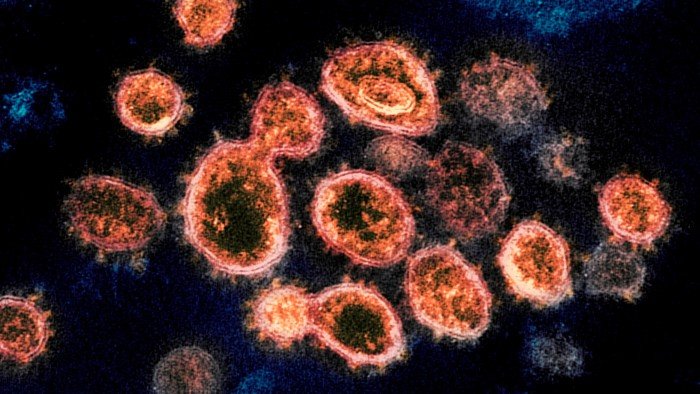Trump’s slash-and-burn approach to government spending has hit American health research hard. And the numbers tell a brutal story.
The National Institutes of Health saw its cash disbursements plummet to just $2.8 billion in May. That’s a 28 percent drop from April. The lowest payout since September 2014, according to investment bank Jefferies.
Universities are scrambling. Companies are hurting. Research is grinding to a halt.
This isn’t just about diversity programs that Trump loves to bash. Real medical research is getting axed. Grant Watch, a tracking website run by researchers, shows pancreatic cancer funding at the University of Florida got eliminated in June. Same with coronavirus research at Washington State University.
The cuts run deep. For decades, the government has pumped billions into university research because universities had the expertise Washington lacked. NIH’s 2024 budget hit $47.7 billion. Four-fifths of that money flows to universities and hospitals as research grants.
But Trump’s withholding federal funds from Harvard, Columbia, and other schools. He’s claiming left-wing bias and campus antisemitism. The research funding freeze is part of his broader war on government spending.
Elon Musk’s “Doge” cost-cutting program might be pulling strings here. Court documents from lawsuits challenging the grant cuts have revealed emails from Doge officials. The influence remains murky.
Universities are bleeding money to keep research alive. Northwestern University is burning through $40 million monthly to cover missing NIH funds, says professor Carole LaBonne.
“Research labs are looking at really stark choices about laying off personnel and not being able to take graduate students,” she explained.
Northwestern hasn’t been paid since late March. No official notification from the government about the freeze. The university spokesman confirmed they’re spending tens of millions monthly just to keep projects running.
Sixteen states have sued NIH over what they call unlawful withholding of funds. A hearing is set for Monday in Boston.
The ripple effects hit hard. Universities are canceling purchase orders with lab supply companies. Equipment makers are feeling the squeeze.
At a Senate hearing last week, NIH director Jay Bhattacharya took heat from both parties. Democrats and Republicans grilled him over the grant terminations. He mentioned an appeals process for halted grants. Said he hoped universities “will come to terms so that we can move forward.”
Corporate America is adjusting expectations downward. Thermo Fisher Scientific CEO Marc Casper warned in April that academic demand would stay soft through year-end. The company sells centrifuges, hydrochloric acid, and other lab essentials. US academic and government business represents about 7 percent of Thermo Fisher’s revenue. A company spokeswoman said they’re “assuming slightly more muted sales for the remainder of the year.”
Other companies getting hit include 10x Genomics, a gene sequencing firm. Lab equipment businesses Standard BioTools and Pacific Biosciences are also taking a beating, Jefferies reports.
Jacob Thaysen, CEO of gene sequencing company Illumina, acknowledged the headwinds in May. “I do believe this is a short-term or temporary headwind and will come out on the other side stronger,” he said.
An Illumina spokeswoman said the company is “working with policymakers to advocate for the preservation of critical research funding.”
The cuts represent more than budget tightening. They signal a fundamental shift in how Trump views federal research spending. Universities that built their research programs around steady government funding now face an uncertain future.
Some might call it fiscal responsibility. Others see it as short-sighted penny-pinching that could set back American medical research for years. Either way, the research community is adapting to a new reality where federal funding can vanish overnight.



